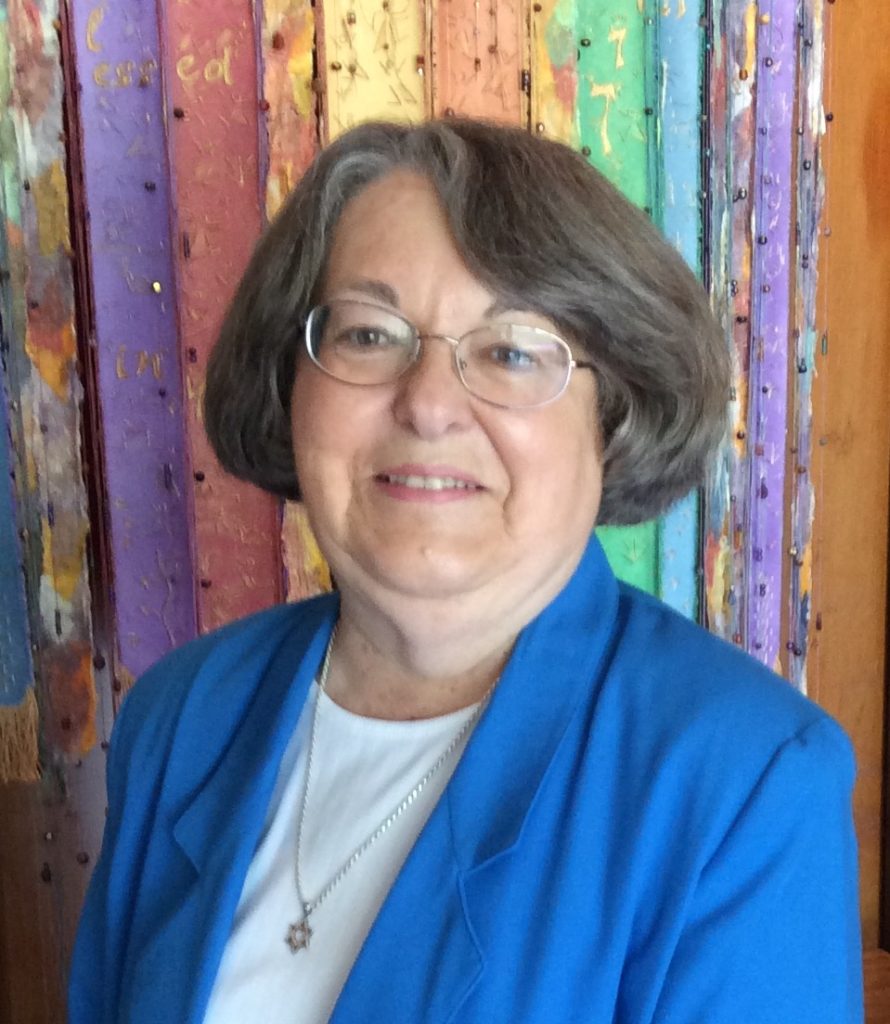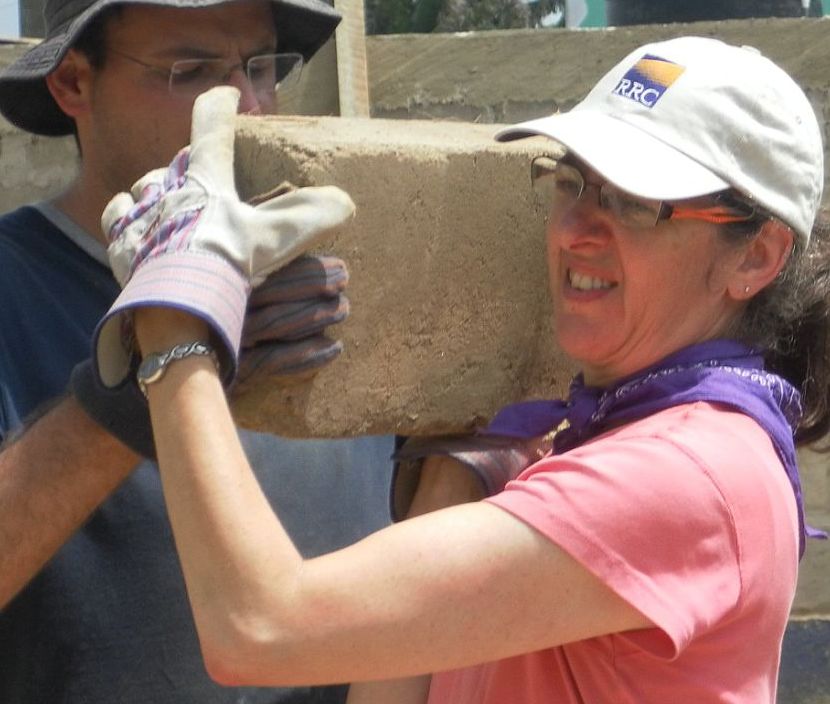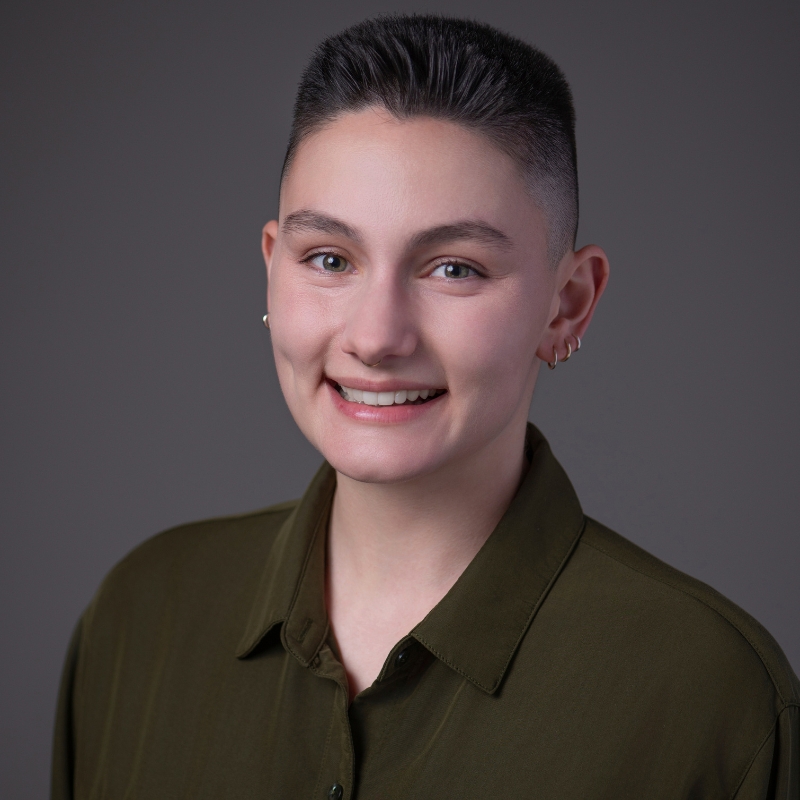Resources

Babel and Bathrooms
Over the summer, we at Temple Micah joined the national conversation about bathrooms, who they are for, and how we talk about them. Our gender neutral bathroom taskforce had its first meeting, a conversation largely centering on labels and language. We all agree that a synagogue should feel safe and welcoming for everyone, and that...
more

The Essential Human Right
“Sticks and stones,” the nursery rhyme says, “may break my bones, but words will never hurt me.” The intent of this pithy statement is probably to help children solve disputes with words rather than physical violence. Its message does, however, raise serious doubts. Words can and do hurt us. Words can trivialize, words can insult,...
more

The Work of Teshuvah
According to the Jewish tradition, the period of repentance continues after Yom Kippur until the end of Sukkot. These days may continue to be an opportunity for reflection, but these final days of the holidays are days of celebration. Though none of us know what our fates hold for us, we act as if the...
more

Take With You Words
I do a lot of driving and often listen to sixties music while in the car. Like many people, I do not always pay attention to the lyrics, but lately every time I hear “Eve of Destruction” by Barry McGuire I find myself listening more carefully, lamenting the fact that humanity has not made as...
more

Words Can Kill
A text study for considering the impact of violent speech, in political discourse or otherwise.
more

One Land, Many Names
Jacob said to his kin: Gather stones. They took stones, made a mound, and ate there by the mound. Laban called it Yegar-Sahaduta, but Jacob called it Gal-Ed. (Gen 31:46-47) Two different languages, the same name. Witness-mound. Laban’s name for the site of this peace treaty is in Aramaic; Jacob’s is in Hebrew. How did...
more
T’ruah Shadow Report to UN: Solitary Confinement and U.S. Compliance with Convention Against Torture
In 2014, T’ruah submitted a shadow report to the UN arguing that America’s use of solitary confinement violates the Convention Against Torture. This report weaves together Jewish text with human rights law.
more

Handbook for Jewish Communities Fighting Mass Incarceration
This handbook provides a comprehensive guide for Jewish communities learning and engaging in issues related to mass incarceration.
more

Judaism and Solitary Confinement
In this article, Rabbi Jonathan Crane examines Jewish texts about incarceration and claims made by activists seeking to end solitary confinement.
more

Mi Sheberach for People Held in Solitary Confinement
"May the Holy Blessed One be filled with mercy for them, strengthening them to withstand this act of torture and keeping them from all harm."
more



